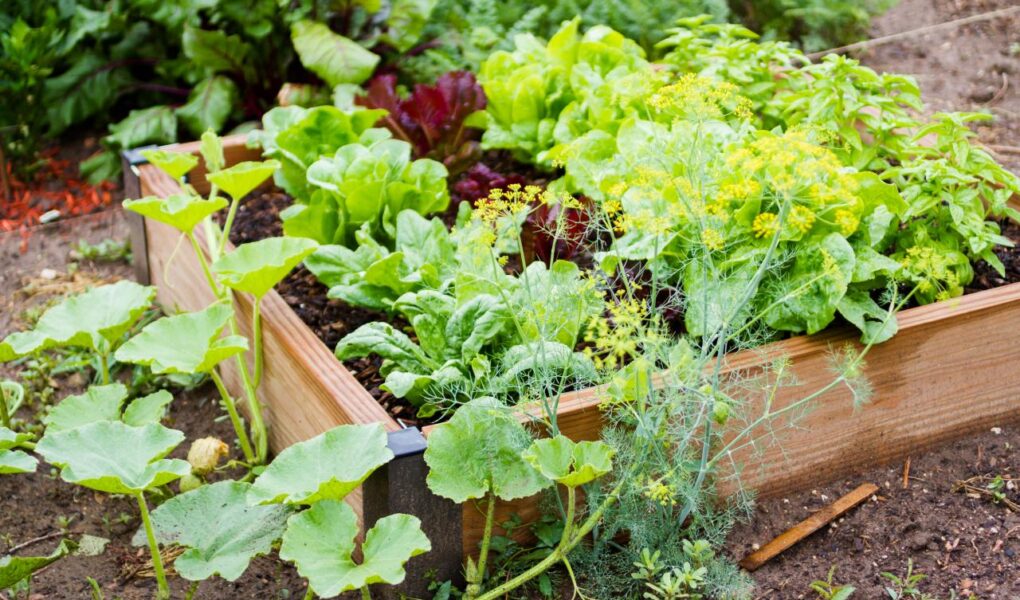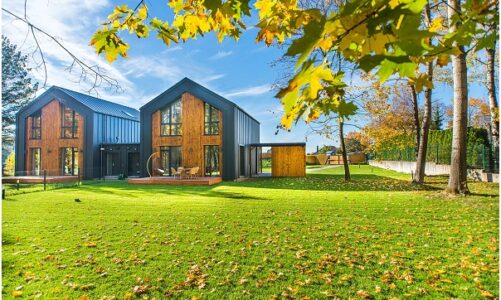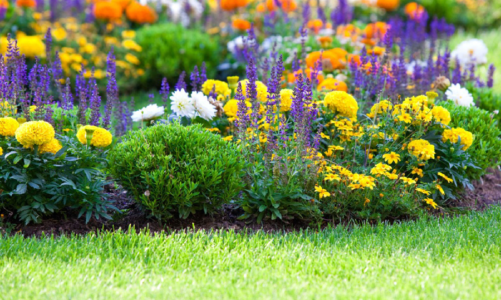Cultivating a garden to not only be better for local ecology but to express it, is a remarkably rewarding experience. There are a great number of ways that your garden can become embellished with locality, from encouraging the growth of local wildflowers to hosting pollinating insects, such as bees, which will help all plants around your local area to prosper along with weed control manning SC. If your garden doesn’t quite feel regionally inspired or you’d like to improve the ways it contributes to a better, more sustainable environment, then we’ve got just the top tips for you!
If your garden doesn’t quite feel regionally inspired or you’d like to improve the ways it contributes to a better, more sustainable environment, then we’ve got just the top tips for you!
Goodbye Concrete
Concrete has long been the choice of low-maintenance gardeners who wish to defend themselves against weeds and weather. The cost of such easy landscaping is, unfortunately, wildlife. To mitigate this impact, gardeners are now looking for similar methods of low-maintenance landscaping that will also allow for nature to thrive.
The most popular solutions come in the form of gravel supplied by gravel supplier kalispell mt, the types of raw materials that both contribute to a healthier, natural garden and offer a more stylised aesthetic.
Natural Materials
This interest in natural materials also extends to other areas of the garden, including sheds and furniture. Wooden outbuildings and cabins are returning to usurp low-cost metal alternatives and plastic dining features are disappearing and being replaced with rattan garden furniture. These small changes make a huge difference when spending time in your outdoor space, making for a far more organic and wild experience.
Create Variety
Monocultures are not sustainable and a garden without variety is far less likely to support biodiversity. Incorporating different landscapes into your garden space, even small gardens, can make a huge difference and encourage a wide variety of creatures and plants to flourish.
Popular ways to achieve this are with ponds and weather features, but others even go as far as to create homes, such as hedgehog and bat boxes.
Green Power
Solar panels are becoming more commonplace around the UK, despite the misconception that our weather is not conducive to their performance. Not only has this been disproven but technological developments have both made solar panels more effective and more affordable, which is why many are now choosing to install panels in their garden, often atop sheds.
Even a small area dedicated to solar panels can power a significant portion of a home’s energy consumption, alleviating the cost of energy bills from residents too.
No More Chemicals
Chemicals have long been a mainstay of gardens, whether to control the growth of weeds or to ensure that garden furniture remains pristine year-round. They are, however, environmentally problematic and can lead to soil degradation and the loss of diverse wildlife.
While there are a number of organic and nature-friendly chemicals to use in garden spaces, there are, instead, a number of techniques that can prevent the use of chemicals at all. Slugs can be repelled with eggshells, sawfly deterred with garlic-infused water, and potato crops planted to rid a patch from well-established weeds.




